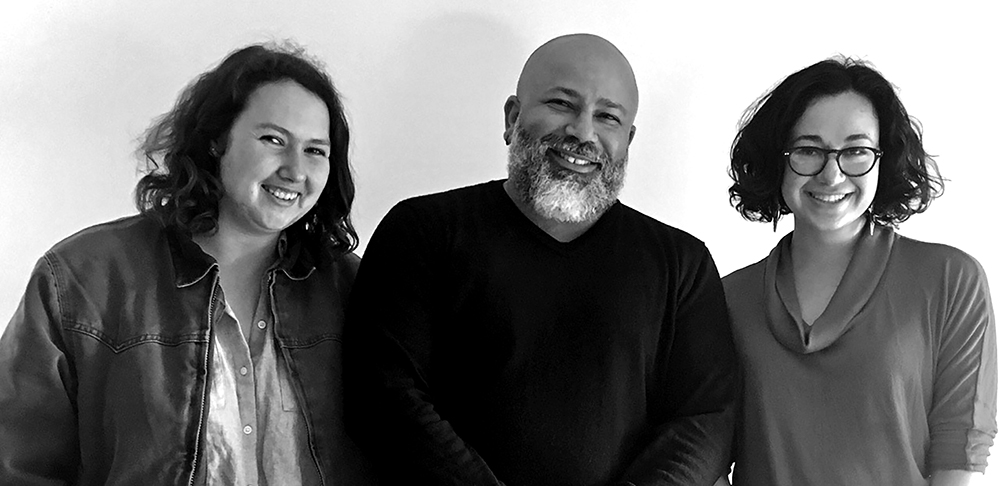KUDOS TO DR. MICHAEL GREENBERG ’76
Flipping through Issue 3, 2015, I came across the Newsmaker profile of Michael Greenberg ’76, PhD, in the Class Notes. The writeup was appropriately congratulatory, but he deserves so, so much more. Among other disorders, Dr. Greenberg’s lab is currently working on Rett Syndrome, a single gene disorder affecting girls almost exclusively. Silently lurking, Rett strikes without warning just as your beautiful little girl is taking her first steps and speaking her first words. Within a few months, Rett takes her ability to talk, walk, and stand and causes almost constant hand wringing, making simple tasks like picking up a Cheerio or playing with blocks impossible. Rett is autism, cerebral palsy, epilepsy, and Parkinson’s all in the body of a little girl. Classified as rare, but the second leading cause of female disease after female cancers, Rett is also mired in gender politics which underestimate girls to begin with, making a nonverbal girl who cannot walk or use her hands almost invisible.
Simply, Rett is horrible. But along with this terrible diagnosis comes amazing and tangible hope. Researchers have completely reversed Rett in knock-out mice, even at late stages of the disease and recent studies confirm that the same is possible for humans. We know that Rett is theoretically treatable. But the function of the gene responsible for Rett, MECP2, had remained elusive until recently when Dr. Greenberg’s lab discovered that MECP2 is responsible for the regulation of numerous very long genes, pinpointing a clear target for pharmacologic or genetic manipulation.
While I cannot wait to see Hamilton (the magazine’s feature story) and was moved to tears the first time I visited the 9/11 memorial museum (another excellent piece in the issue), there is no more “why” than that one paragraph honoring Dr. Greenberg in the Class Notes. This is why: Knowing my 4-year-old daughter with Rett Syndrome may one day speak her first word (again), walk for the first time, and soar into a future unburdened from the effects of one faulty gene because of a Wes alum. Thank you, Dr. Greenberg, thank you.
Lena Maun DeSantis ’98
Mattituck, NY


